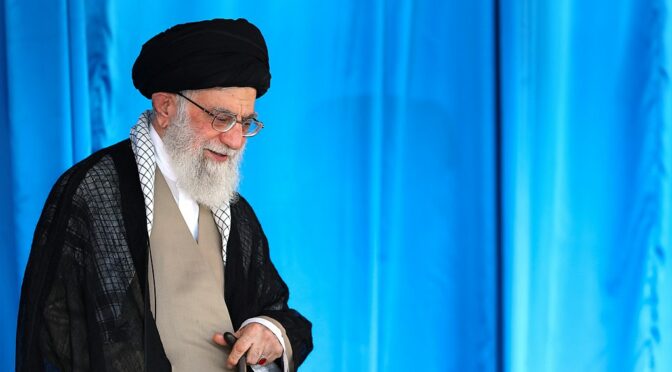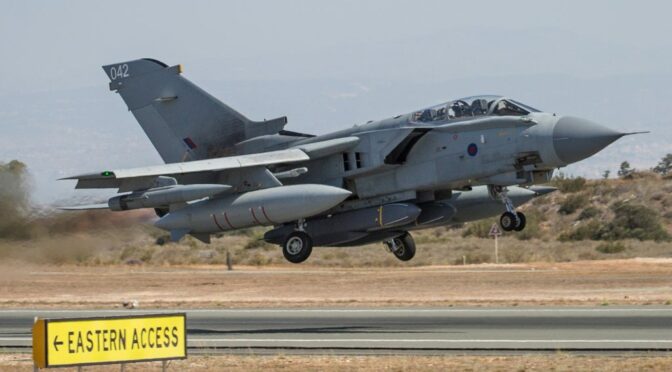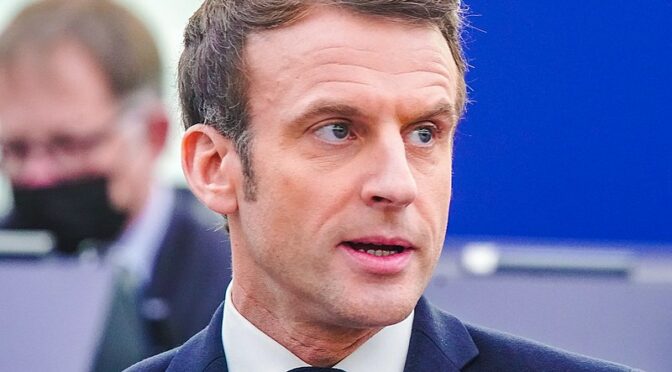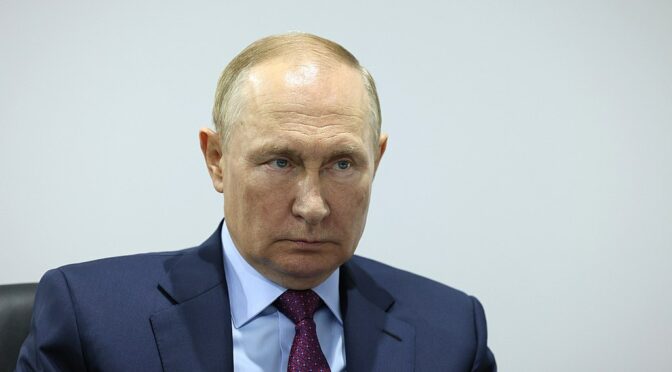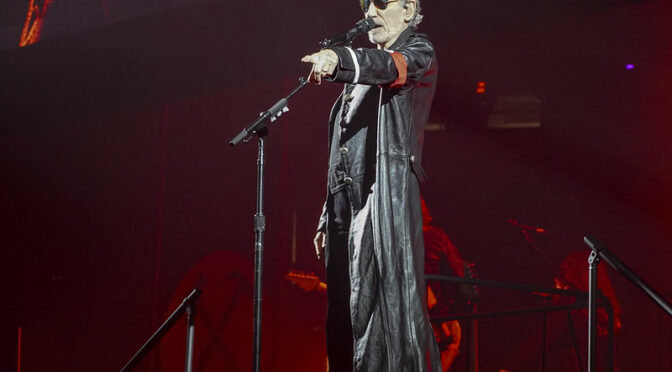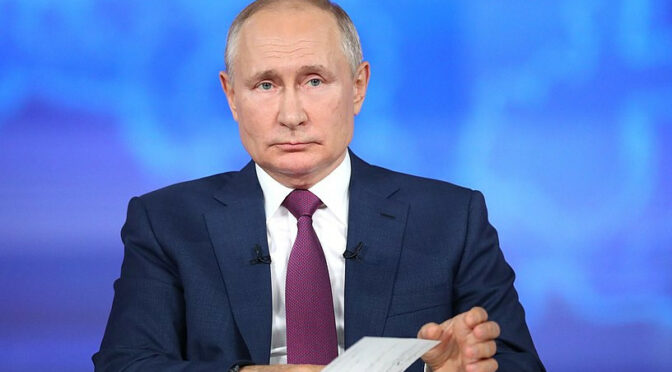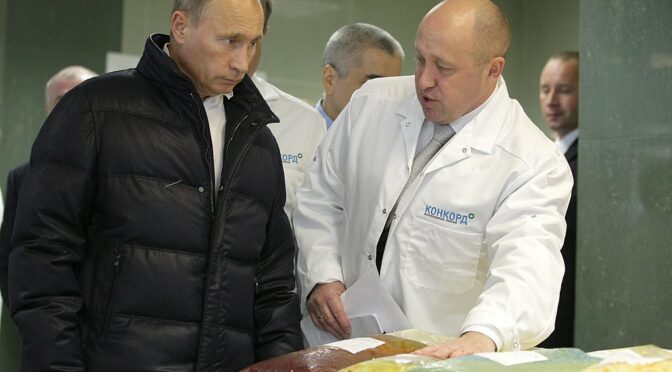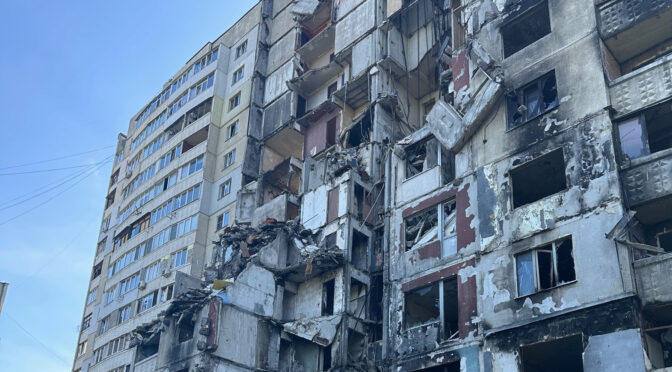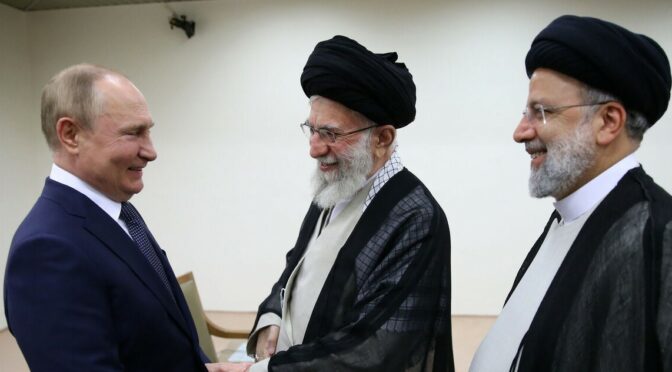Article published by Ynetnews.com, 17 June 2023. © Richard Kemp
A new interim nuclear deal between the US and Iran may be imminent. US denials that such a deal is on the table are likely motivated by an intention to frame it as an informal understanding rather than an international treaty in order to avoid the need for Congressional endorsement, thus reflecting semantics instead of reality.
Leaked details of the ‘non-deal’ suggest Iran would agree to cease enrichment activity and give other undertakings, including freeing US-Iranian dual citizens currently held in custody, in return for sanctions relief that would immediately release around $20 billion of frozen Iranian funds with hundreds of billions more to follow.
The White House knows that no diplomatic understanding with Tehran is worth the paper it’s printed on and no such undertakings will stop Iran from becoming a nuclear-armed state.
So why are they heading down this path? There are two reasons. The first is to give Biden a win on the international stage that he so badly needs after the debacles over withdrawal from Afghanistan, the Russian invasion of Ukraine and China supplanting the US as power broker in the Middle East.
The second is to pile pressure on Israel and this again has two parts. Part one is to deter Jerusalem from executing a major military strike against Iran’s nuclear programme which has become more plausible since Benjamin Netanyahu resumed the premiership.
Despite the catalogue of foreign policy failures that arose directly from craven weakness in Washington, the White House does not seem to have learned that deterrence is the most effective means of averting war and remains fearful not only of wielding a credible military threat against Iran but also of Israel doing so. Biden and those around him know that an extant nuclear agreement with Tehran, supported by the Europeans, complicates any military action by Israel. Continue reading

